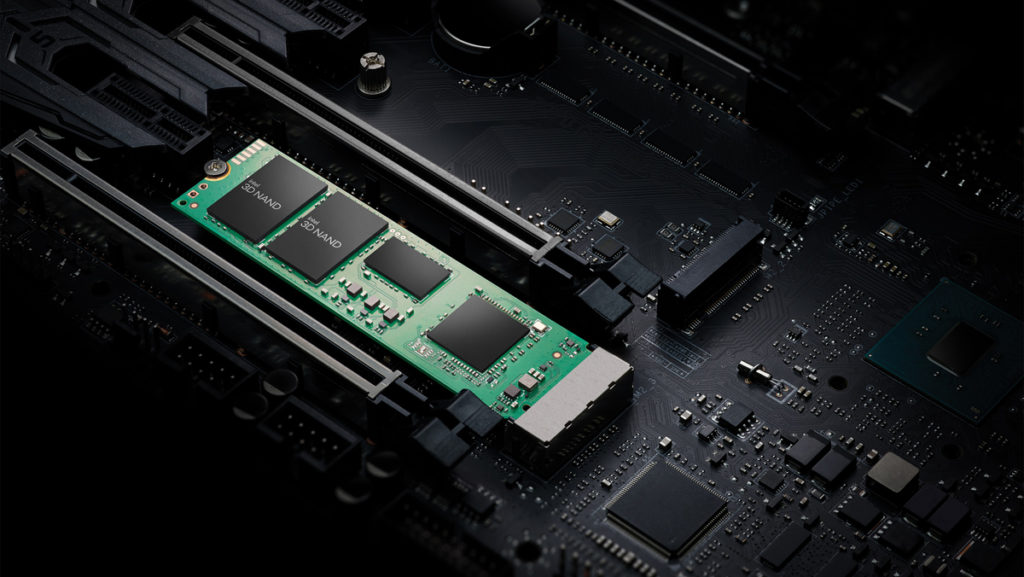- Joined
- May 6, 2019
- Messages
- 12,575
- Points
- 113
Image: Intel
Intel has launched its Solid State Drive 670p, a 144-layer quad-level cell (QLC)-based client M.2 NVMe PCIe 3.0 SSD for everyday computing and mainstream gaming. As noted by Rob Crooke, Intel senior vice president and general manager of the NAND Products and Solutions Group, SSD 670p users can expect 38 percent better random read performance and up to 50 percent better latency over the company’s previous generation SSDs. Intel’s new 670p lineup is also available in capacities of up to 2 terabytes.
“Developed using the latest QLC technology, the Intel SSD 670p is equipped with capacity of up to 2 terabytes in a single drive, offering tremendous value for everyday computing needs, as well as mainstream gaming,” Intel’s...
Continue reading...
